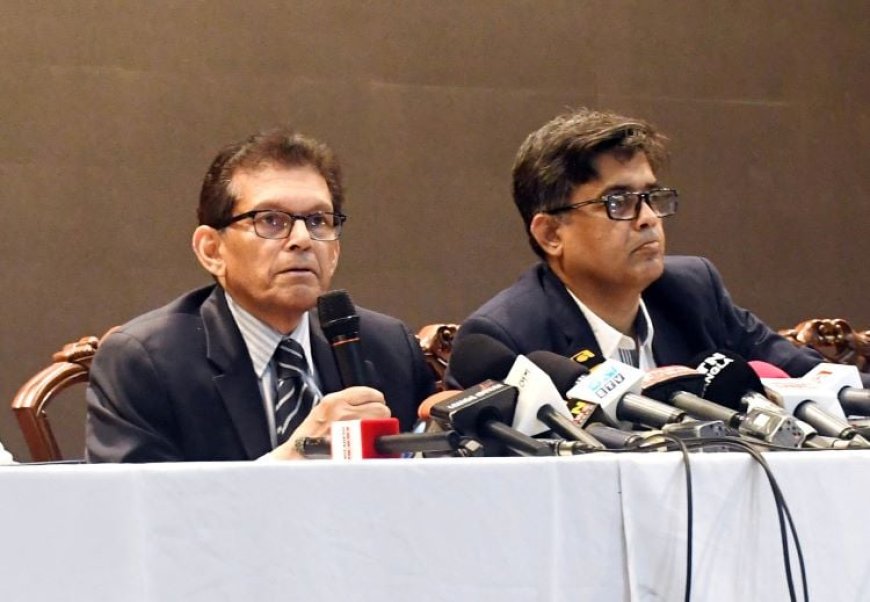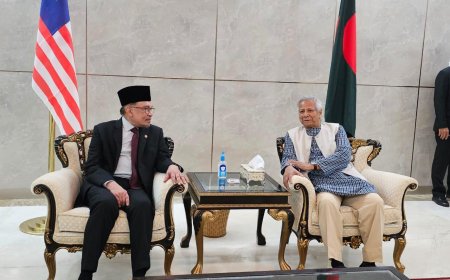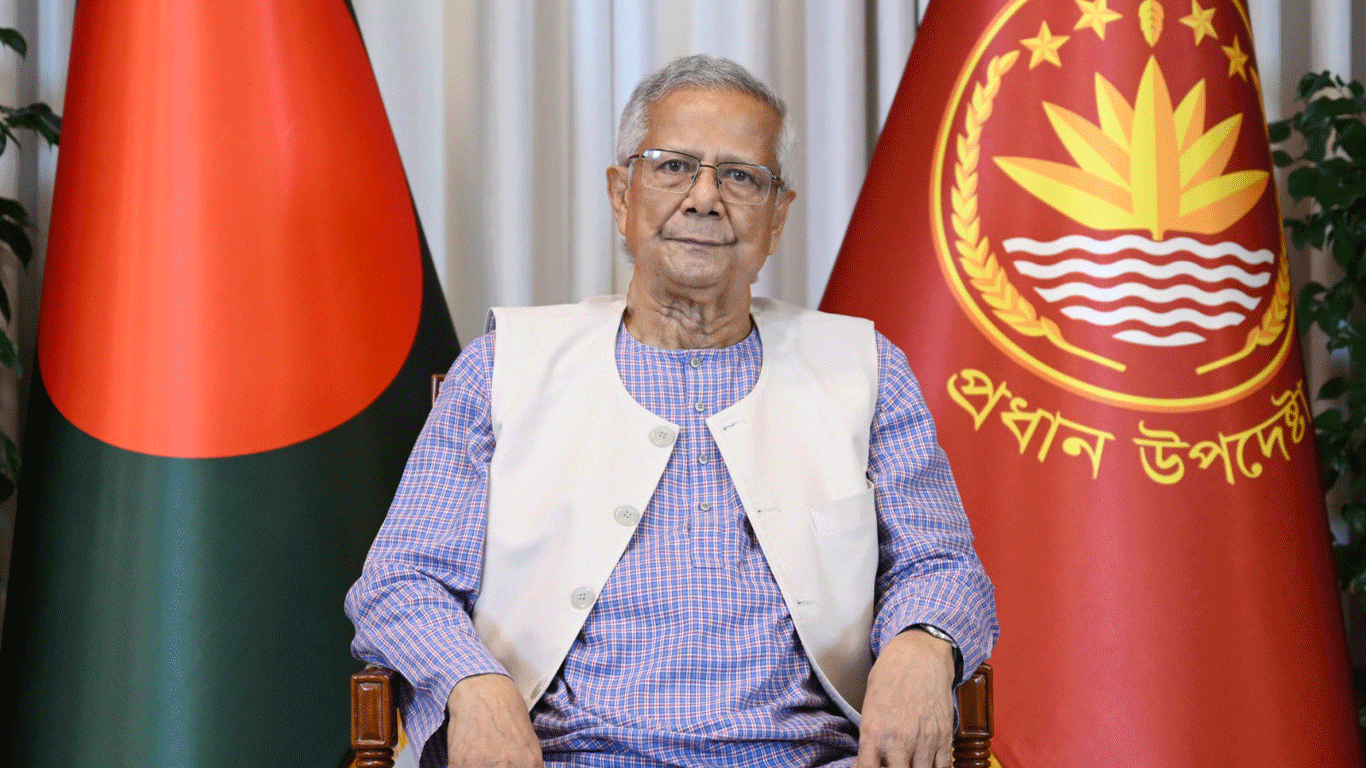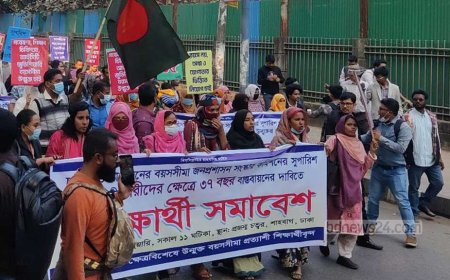Dr. Khalilur: Rohingya repatriation and restoration of peace in Arakan are deeply interconnected
Dr. Khalilur: Rohingya repatriation and restoration of peace in Arakan are deeply interconnected.

Chief Adviser’s High Representative, Dr. Khalilur Rahman, emphasized today that the repatriation of the Rohingyas is closely tied to the restoration of peace in Myanmar’s Arakan region. Speaking at a press briefing at the Foreign Service Academy, he stated, “Repatriation and peace in Arakan are intrinsically linked — no one can be forced to return to an active conflict zone. We continue to advocate for voluntary repatriation.”
Highlighting the recent visit by Chief Adviser Professor Muhammad Yunus and UN Secretary-General António Guterres to the Rohingya camps in Cox’s Bazar, Dr. Khalilur noted that the Rohingyas expressed a strong desire to return home. However, he stressed that repatriation remains unfeasible until stability is reestablished in their homeland.
Responding to questions, Dr. Khalilur said that humanitarian assistance to Myanmar is currently channeled through the United Nations, and maintaining dialogue with Myanmar via the UN remains important. He acknowledged the complexity of the situation, describing it as a “multidimensional challenge,” but noted that international momentum is growing and Bangladesh is not alone in tackling the issue.
He explained that successful repatriation hinges on thorough preparation, including guarantees of safety, livelihood opportunities, and a secure environment — conditions essential to all repatriation efforts, not just the Rohingya crisis.
Expressing concern over ongoing conflict in Rakhine, where the Arakan Army controls roughly 80 percent of the territory, Dr. Khalil admitted that the instability could slow the repatriation process. Nonetheless, he pointed to significant progress over the past three months. “This issue had been fading from global focus, but recent efforts by the UN Secretary-General and the Chief Adviser have brought it back into international attention,” he said, adding that a dedicated global conference on the Rohingya crisis is now in the pipeline at the UN.
He stressed the importance of creating an “enabling environment” in Myanmar, warning that “a community cannot be sent back into flames.” Ensuring safety and economic opportunities must be a priority, and such efforts require cooperation from all stakeholders.
Regarding Bangladesh’s role, Dr. Khalil stated, “We are engaging with international organizations and various nations to address the humanitarian crisis and support peace in the region. A ceasefire between the conflicting parties is essential for any substantial progress.”
Bangladesh continues to engage with all relevant actors, including Myanmar authorities, the Arakan Army, the UN, and friendly nations. He expressed hope that ongoing UN-led humanitarian operations may prompt both sides to observe a ceasefire, laying the groundwork for practical repatriation discussions.
Also present at the briefing were Chief Adviser’s Press Secretary Shafiqul Alam and Deputy Press Secretary Apurba Jahangir.
What's Your Reaction?






















































































